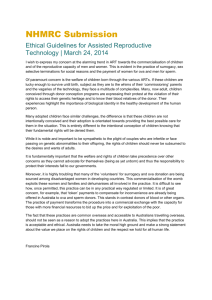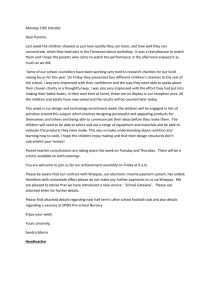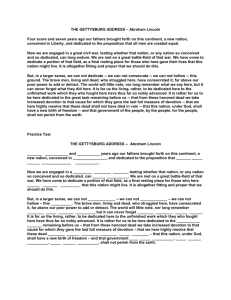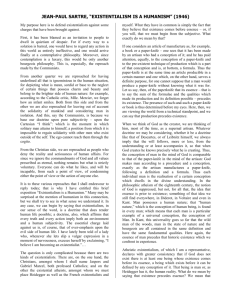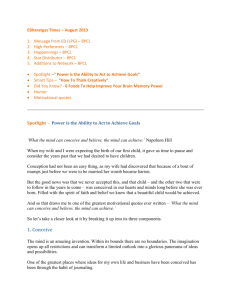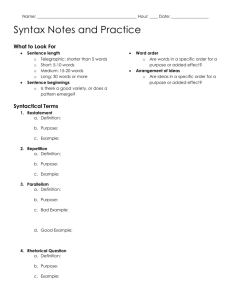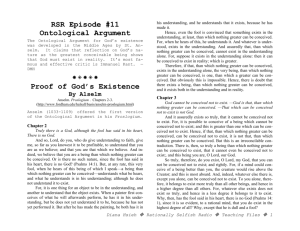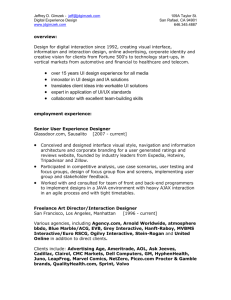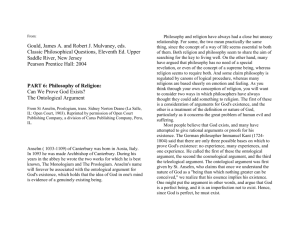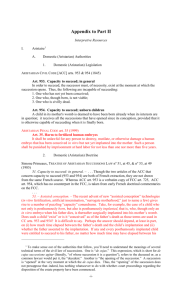HERE
advertisement
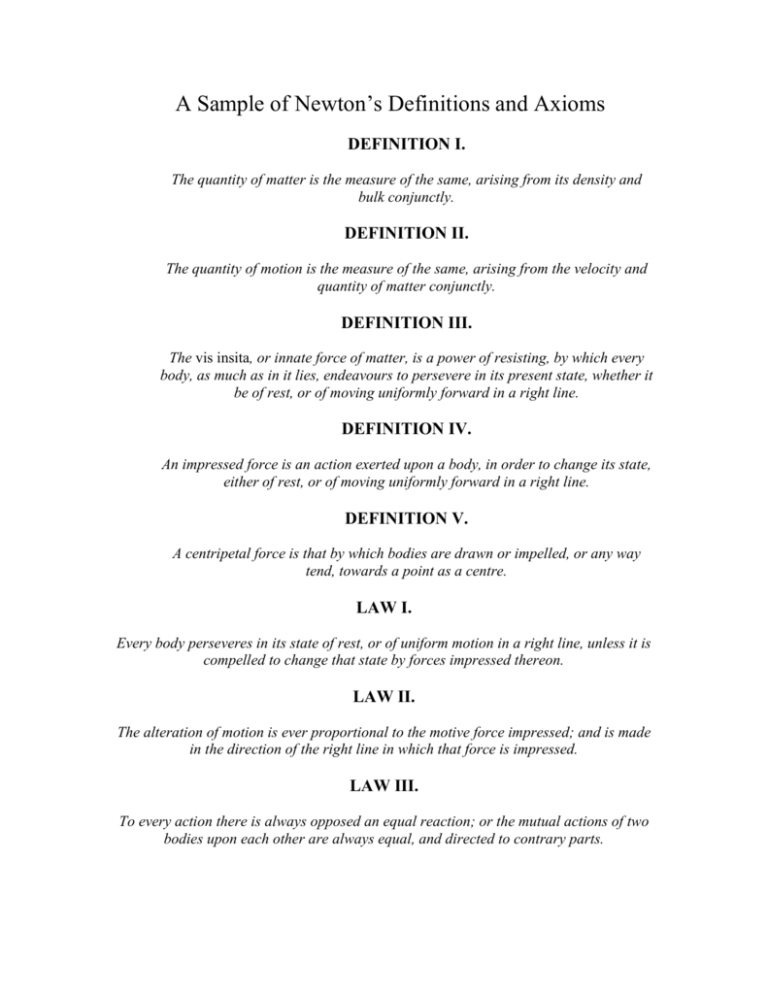
A Sample of Newton’s Definitions and Axioms DEFINITION I. The quantity of matter is the measure of the same, arising from its density and bulk conjunctly. DEFINITION II. The quantity of motion is the measure of the same, arising from the velocity and quantity of matter conjunctly. DEFINITION III. The vis insita, or innate force of matter, is a power of resisting, by which every body, as much as in it lies, endeavours to persevere in its present state, whether it be of rest, or of moving uniformly forward in a right line. DEFINITION IV. An impressed force is an action exerted upon a body, in order to change its state, either of rest, or of moving uniformly forward in a right line. DEFINITION V. A centripetal force is that by which bodies are drawn or impelled, or any way tend, towards a point as a centre. LAW I. Every body perseveres in its state of rest, or of uniform motion in a right line, unless it is compelled to change that state by forces impressed thereon. LAW II. The alteration of motion is ever proportional to the motive force impressed; and is made in the direction of the right line in which that force is impressed. LAW III. To every action there is always opposed an equal reaction; or the mutual actions of two bodies upon each other are always equal, and directed to contrary parts. A Sample of Spinoza’s Definitions and Axioms [D.I] By that which is SELF-CAUSED, I mean that of which the essence involves existence, or that of which the nature is only conceivable as existent. [D.II] A thing is called FINITE AFTER ITS KIND, when it can be limited by another thing of the same nature; for instance, a body is called finite because we always conceive another greater body. So, also, a thought is limited by another thought, but a body is not limited by thought, nor a thought by body. [D.III] By SUBSTANCE, I mean that which is in itself, and is conceived through itself; in other words, that of which a conception can be formed independently of any other conception. [D.IV] By ATTRIBUTE, I mean that which the intellect perceives as constituting the essence of substance. [D.V] By MODE, I mean the modifications ("Affectiones") substance, or that which exists in, and is conceived through, something other than itself. [D.VI] By GOD, I mean a being absolutely infinite--that is, a substance consisting in infinite attributes, of which each expresses eternal and infinite essentiality. [D.VII] That thing is called free, which exists solely by the necessity of its own nature, and of which the action is determined by itself alone. On the other hand, that thing is necessary, or rather constrained, which is determined by something external to itself to a fixed and definite method of existence or action. [D.VIII] By ETERNITY, I mean existence itself, in so far as it is conceived necessarily to follow solely from the definition of that which is eternal. [A.I] Everything which exists, exists either in itself or in something else. [A.II] That which cannot be conceived through anything else must be conceived through itself. [A.III] From a given definite cause an effect necessarily follows; and, on the other hand, if no definite cause be granted, it is impossible that an effect can follow. [A.IV] The knowledge of an effect depends on and involves the knowledge of a cause. [A.V] Things which have nothing in common cannot be understood, the one by means of the other; the conception of one does not involve the conception of the other. [A.VI] A true idea must correspond with its ideate or object. [A.VII] If a thing can be conceived as non-existing, its essence does not involve existence.
